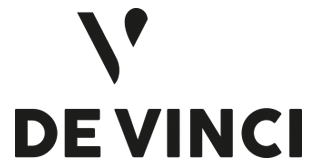@article{khelladi_2455,
title = {Why do people buy virtual clothes?},
author = {Insaf Khelladi and Catherine Lejealle and Saeedeh Rezaee Vessal and Sylvaine Castellano and Dominico Graziano},
url = {https://onlinelibrary.wiley.com/doi/10.1002/cb.2270},
year = {2024},
date = {2024-05-01},
journal = {Journal Of Consumer Behaviour},
volume = {23},
number = {3},
pages = {1389-1405},
abstract = {Virtual clothes consumption is part of the digital virtual consumption practices of the global NFT phenomenon and the global digital fashion trend. While cutting-edge technologies shape customer experience and behavior, research examining how consumers desire, own, and experience these technologies in general, and virtual objects in particular, remains scarce. Adopting the uses and gratifications (U&Gs) theory and building on research related to brand roles and category, the present research aims to unveil the psychological determinants of purchasing NFTs-virtual clothes. A mixed-method, two-stage approach was adopted. First, a qualitative study and a pilot study aimed to capture and understand what motivates people to buy NFTs-virtual clothes and identify contextualized U&Gs. Second, two original confirmatory studies verified the U&Gs of purchasing virtual clothes and investigated how they differ based on brand category (luxury vs. non-luxury). The results show that enjoyment, social interactivity, and curiosity are the main predictors of NFTs-virtual clothes purchases. Consumers mainly seek hedonic, social, and technological gratifications as part of the digital fashion consumption trend. Brand managers must recognize virtual clothing gratifications for effective virtual world positioning. Products should encourage networking, community, and user interaction. Demographics and virtual experience should be considered to understand NFT-virtual clothes motivations.},
keywords = {},
pubstate = {published},
tppubtype = {article}
}














